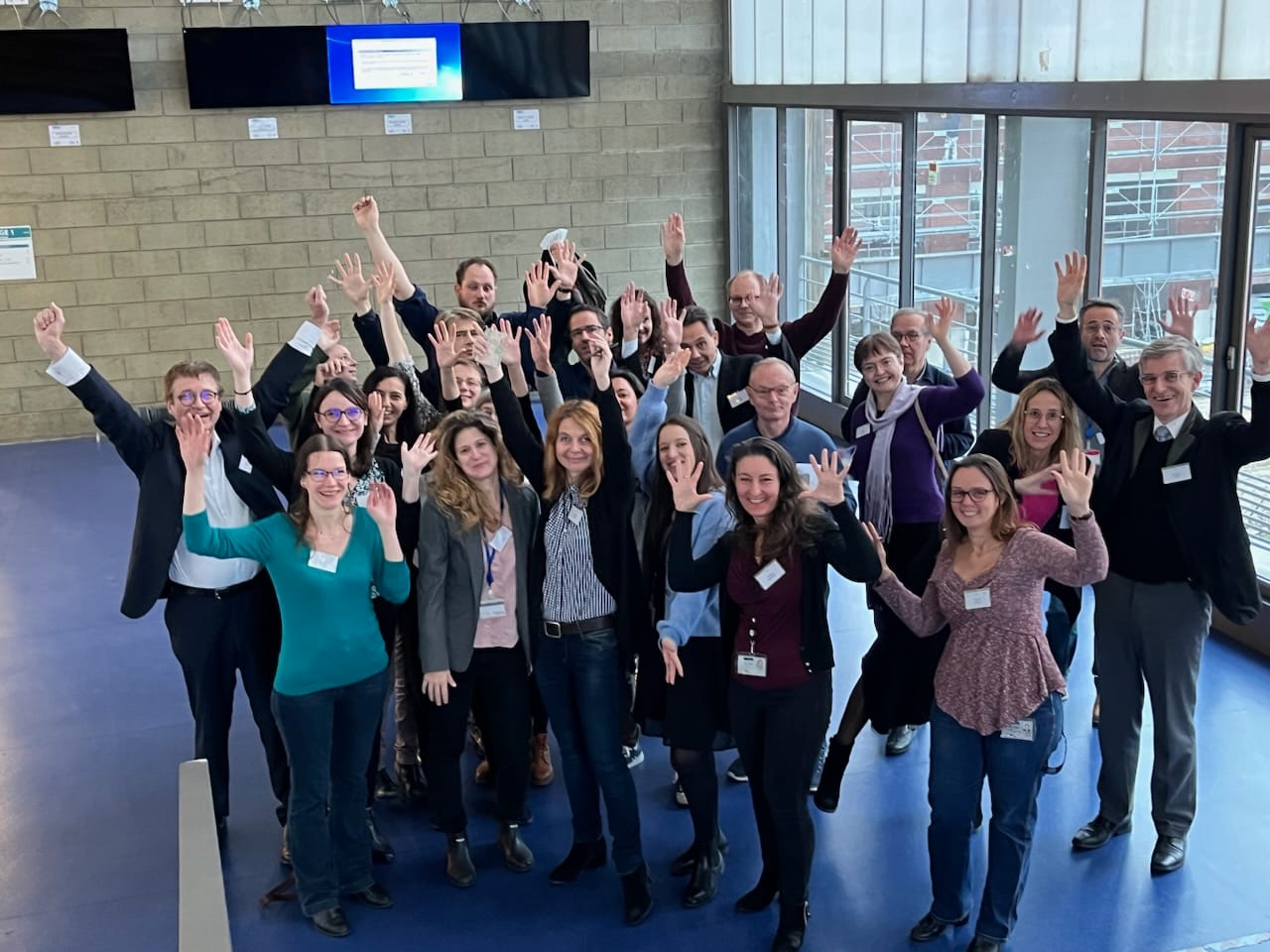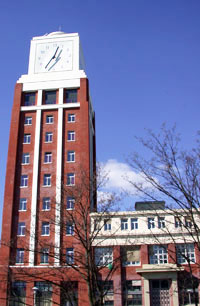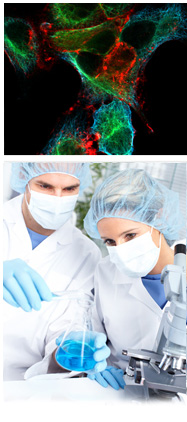Most research funding of UMR 1125 comes from public organizations, as INSERM and Sorbonne Paris Nord University.
Others research funding are obtained from different organizations through a competitive process. They come from research funding organizations such as INSERM, Agence Nationale pour la Recherche (national consortium CYTOVAC established by our lab), Fondation pour la Recherche Medicale, General Directorate for Armament and associations such as Arthritis-Fondation Courtin and French Society for Rheumatology (“Société Française de Rhumatologie“). Pharmaceutical industries helps our research under two forms : an industry-university partnerships can be done to develop together projects or they help our researches with grants. In each case, funding support are mentioned in the congresses or publications whose work have been supported. Recently, the private German foundation Fritz-Thyssen has provided funding to our laboratory. In some cases, individuals have also helped by their donation to charitable associations stating their goal to help the research on rheumatoid arthritis in our lab.
You wish to donate
You are a business and you intend to collaborate or donate; or you are an individual and you intend to donate, you can get all the legal requirements for tax exemption as provided by the texts in force.� Depending on the case, the easiest way is to contact the laboratory.




